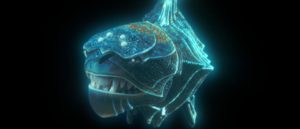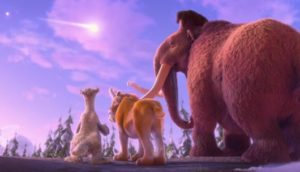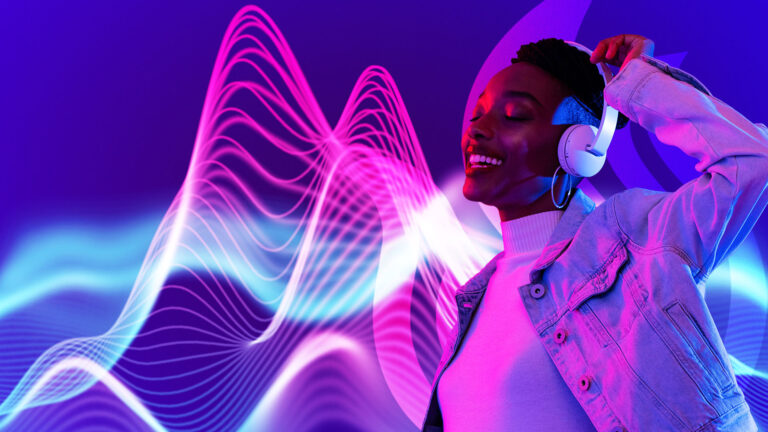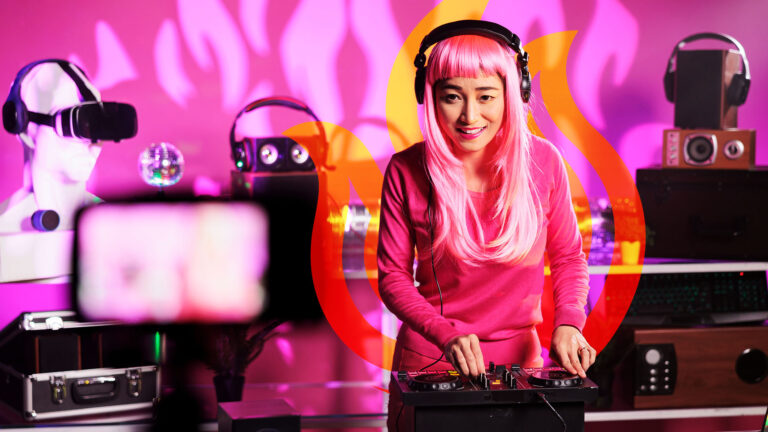Computer graphics (CG) animation software and tools are continuing to advance at an amazing pace to create today’s digital animation movies. New generations of animated movie lovers are getting used to seeing CG visuals that were not possible just five to 10 years ago. How are these new technologies helping these animated movie makers? Let’s look at a few examples of the new CG animation software and technologies introduced in this year’s feature digital animated film projects:
- Pixar’s award-winning animation film “Finding Dory” showcases evolved water simulations, the ability to reflect and refract light in water (thanks to the new generation of RenderMan RIS architecture software), as well as rigging and animation of complex characters, like the shape-shifting octopus named Hank. These are the technologies that help bring foam, splashes, bubbles and even the reflections on a fish tank or water surface to life.
- Disney’s digital animation movie “Zootopia” used several cutting-edge CG animation software tools to bring the animal-inhabited metropolis all together.

Image source: screenrant.com One of the greatest challenges of animating “Zootopia” was the fact that the film featured so many different types of animals, each with its own unique fur and hair. A custom CG animation software tool called iGroom allowed animators to add dimension and roughness to the animal fur and add different kinds of patterns. Animators also used a groundbreaking in-house rendering system originally developed for the production of “Big Hero 6,” which was improved to support fast fur rendering in “Zootopia.”
- Laika’s “Kubo” team developed unique techniques to integrate stop motion animation with CG elements and 3D visual effects.

Image source: fxguide.com The film features the first-ever fully 3D printed stop motion character — Moon Beast, a flying monster that looks like a cross between a snake and an electric eel. Laika pioneered the use of 3D printing and was the first to use a color plaster 3D printer. The team used a 3D animation application software called Houdini for ocean simulation, which was seamlessly integrated with stop motion to produce breathtaking ocean scenes.
- Blue Sky Studios’ animation movie “Ice Age: Collision Course” demonstrates an advanced visual effects toolset and showcases photo-real effects that were not possible in previous “Ice Age” movies.

Image source: geeksofdoom.com Thanks to the latest CG animation software and technologies, the animators were able to produce shots of volcano eruptions, meteor showers and electrical storms. The grooming and fur simulation tools also evolved, allowing for faster iterations and more complex scenes. Character rigging techniques enabled advanced control over the characters, which contributed to amazingly sophisticated animation.
This is just a small sample of animation projects that illustrate the synergy between animation and CG technology. In the words of John Lasseter, creative director of Pixar and Walt Disney Animation Studios, “Art challenges technology, and technology inspires art.”
What does this mean for the people who make these animated films? Technical directors, digital artists and animators are craftsmen and inventors of the modern era. They have to be extremely versatile and creative when solving practical problems. Their expertise has to be broad, yet they must also specialize in at least one area. They also have to be able to work in teams, learn from each other and build upon the ideas of others. These are people that are not afraid to fail. And finally, the most important quality is the drive to never stop learning. These new CG animation software tools and technologies aren’t the only factors that make a great film. The right team is just as important.


